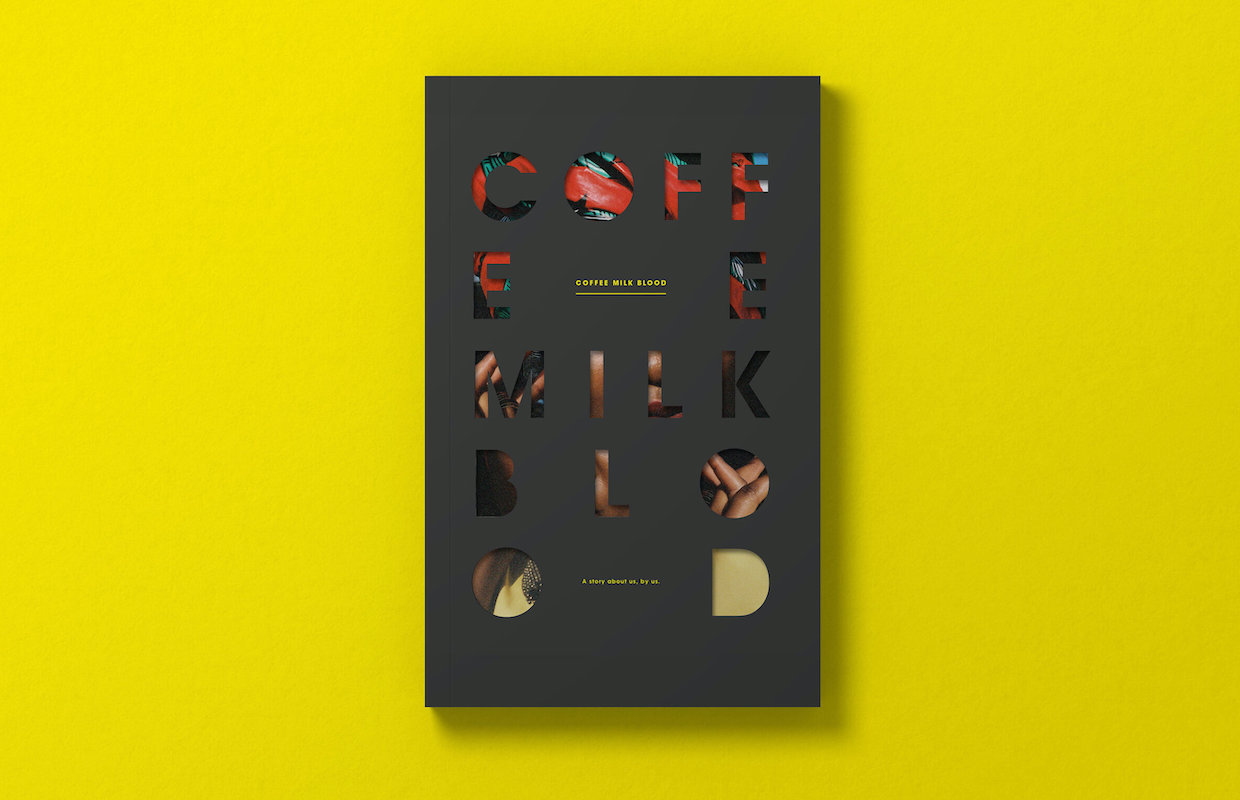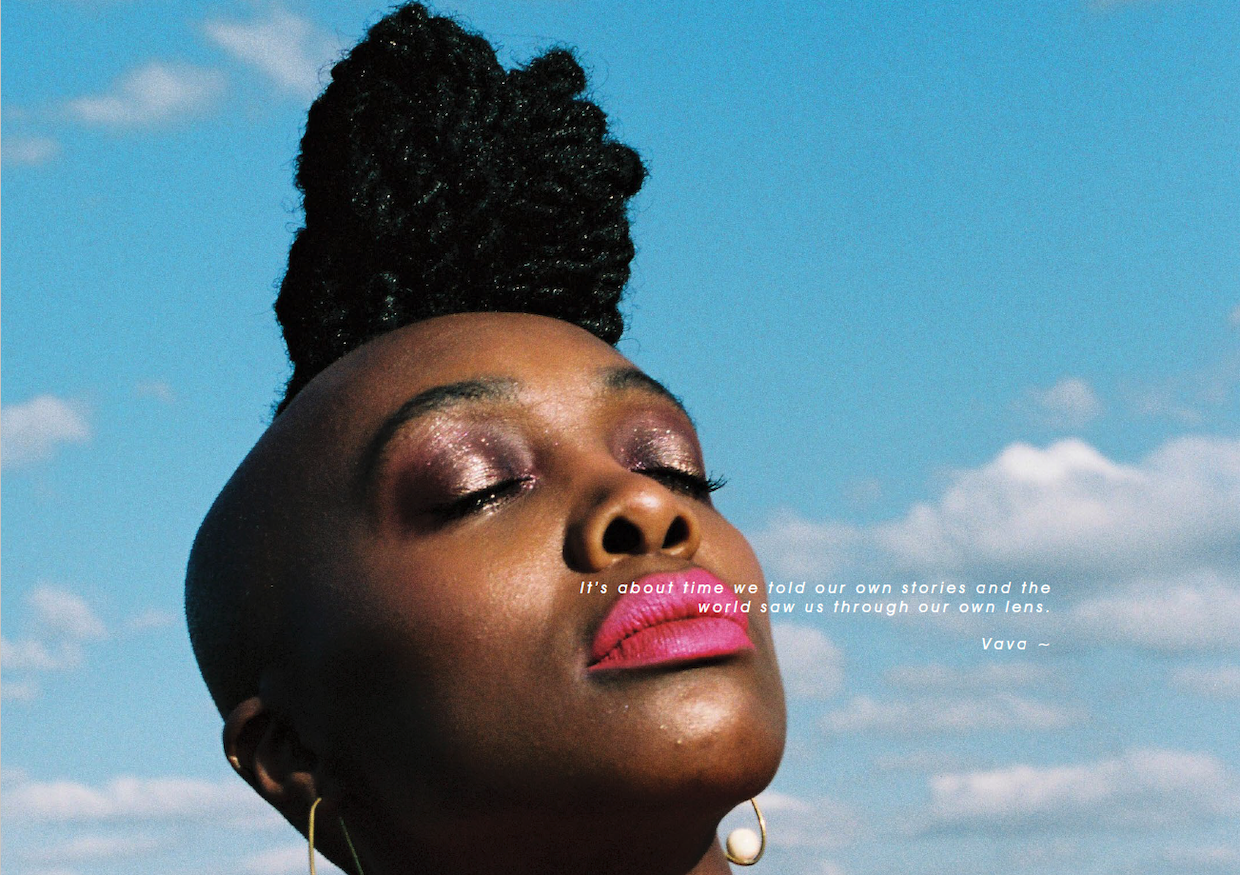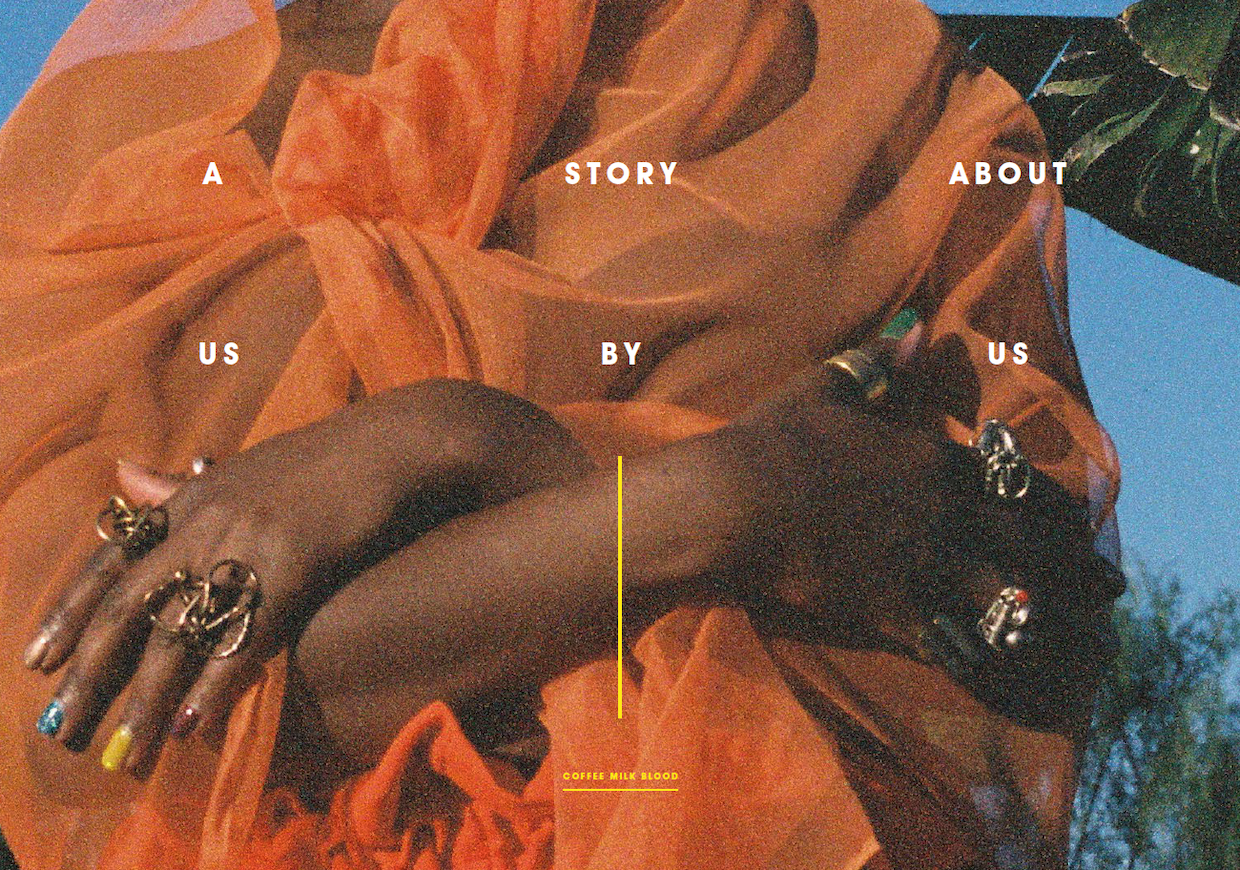The coffee industry, particularly in the global north, carries a rich history of exploitative marketing.
To highlight and challenge the ways in which visual imagery is used to depict coffee and the people behind it, specialty coffee professional Vava Angwenyi is releasing a new book called “Coffee Milk Blood” that looks at the historical portrayal of African and Black women in coffee.
The book is available for pre-order, along with select prints, and it is scheduled to be released later this month.
The founder of Kenyan coffee trading company Vava Coffee and cofounder and director at Gente Del Futuro, Angwenyi has been working since 2009 to address producer profitability and next-generation involvement in coffee.
Angwenyi’s latest project approaches these challenges from a different angle, shedding light on how a legacy of slavery and colonialism has affected coffee-producing countries, and how institutional power structures continue to influence the way producers are portrayed in coffee marketing.
On Thursday, Sept. 17, Angwenyi will join Candice Madison of The Crown: Royal Coffee & Tasting Room for a webinar on this topic called Race and Specialty Coffee: Images are Everything.
For the past two years, Angwenyi has been serving as a member of the board of directors of the Specialty Coffee Association (SCA) and is currently petitioning for another term on the board after publishing an open letter to SCA members that alleges “betrayal, bullying, dishonesty, and a lack of transparency” by other board members.
An anonymous response to Angwenyi’s letter that claims to represent “various SCA board members, staff and volunteers” calls into question Angwenyi’s fitness for the board position and demands further details on her accusations. For its part, the SCA has released a message on Twitter from SCA CEO Yannis Apostolopoulos in which he denies having had any prior knowledge of the response letter and notes that there will be an investigation into the matter. [Note: An informational webinar on the SCA Board elections process is being held on Friday, Sept. 18].
“By the time this story runs, folks will know what my experience serving on the board has been and why I am petitioning my candidacy for the board,” Angwenyi recently told Daily Coffee News.
For now, here’s more from our virtual conversation with Angwenyi on the “Coffee Milk Blood” book project:
DCN: What inspired your interest in this project and what was the impetus for writing the book?
VA: In the many years I have worked with various coffee communities and various community organizations, I have seen one of my key roles as a translator. As a translator, part of my mandate is basically taking the things I hear when I listen at the table and the stories that I know I need to tell to create impact and combining them into something that is a tangible reflection of all of that and that allows us to move forward in whatever the social issue is that we are trying to address.
We hardly have any stories told by the coffee producer or the person living in that country and experiencing all the emotions that go with working in the coffee industry, from the growing of the coffee, processing and selling it. This story has always been from the point of view of the buyer, the roaster, the trader — the foreigner looking in and excited about the new adventure of experiencing the place and its people. Hardly do we have stories especially from this continent that clearly touch on the perception of this continent and the real story of doing business in these environments. This work shares the point of view of the people who live and work in these communities, people who have made sacrifices to invest in their communities and uplift these communities.
This is both a visual and narrative story of the perception of an empowered woman in this setting, the community I work in and the neocolonialist notions that exist in this industry as well as the colonial structures that still exist in this sector. This work delves into the definition of empowerment from the communities we seek to empower, storytelling from the point of view of the producers themselves and what the narrative should be as you buy their beans or as you interact with them in their communities.
What is your goal in publishing the book? What are some of the misconceptions that you are hoping to address and perceptions you want to change?
By publishing this book, I seek to portray the images of an African coffee producer, African women and their surroundings in a more dignified, real manner — how we would like to be seen, beyond the coffee cherry or bean — as opposed to what consumers are exposed to, which is usually that of a pitiful struggling environment, or the romanticized version that importers/roasters portray of this place. Ours is a place of opportunity and promise for both youth, women and the entrepreneurs who dare to dream and try. We look to trade with the western world in more beneficial and profitable relationships.
I put this work out in the hope that young girls and boys growing up in Africa can have a feasible relatable example to look up to and dare to dream and take a risk. We need to tell our own stories and influence the change we seek in our lives and community. There is so much more to tell about Africa than the usual stories of war, famine, floods and disease. And until the lion itself learns how to write, the narrative will always glorify the hunter.
How was the process of organizing the content and visual elements?
The subject matter and themes throughout the book are issues I have known and felt for a very long time and finally it culminated in this book project. The process has been over quite a long period of time spent interacting with most of the young women featured in this book, reflecting about my own experiences and finally actualizing both the visual elements and words in this book. It hasn’t been easy given the subject matter, but I certainly felt the urgency in sharing this with the world at this moment.
What advice do you wish you had been given as a young coffee professional?
Everything passes and changes with time. What is real, what is forever, is who you are and what you are meant to share with the world.
What’s next for you? Any other big projects coming up?
Well, I am always busy working on something new or looking for collaborations, so expect some interesting announcements on new partnerships around producer related projects, geographical expansion of our coffee offerings, as well as more to the Coffee Milk Blood project.
Lily Kubota
Lily Kubota is the managing editor and digital content manager for Roast Magazine. She is based in Southern California.









Comment